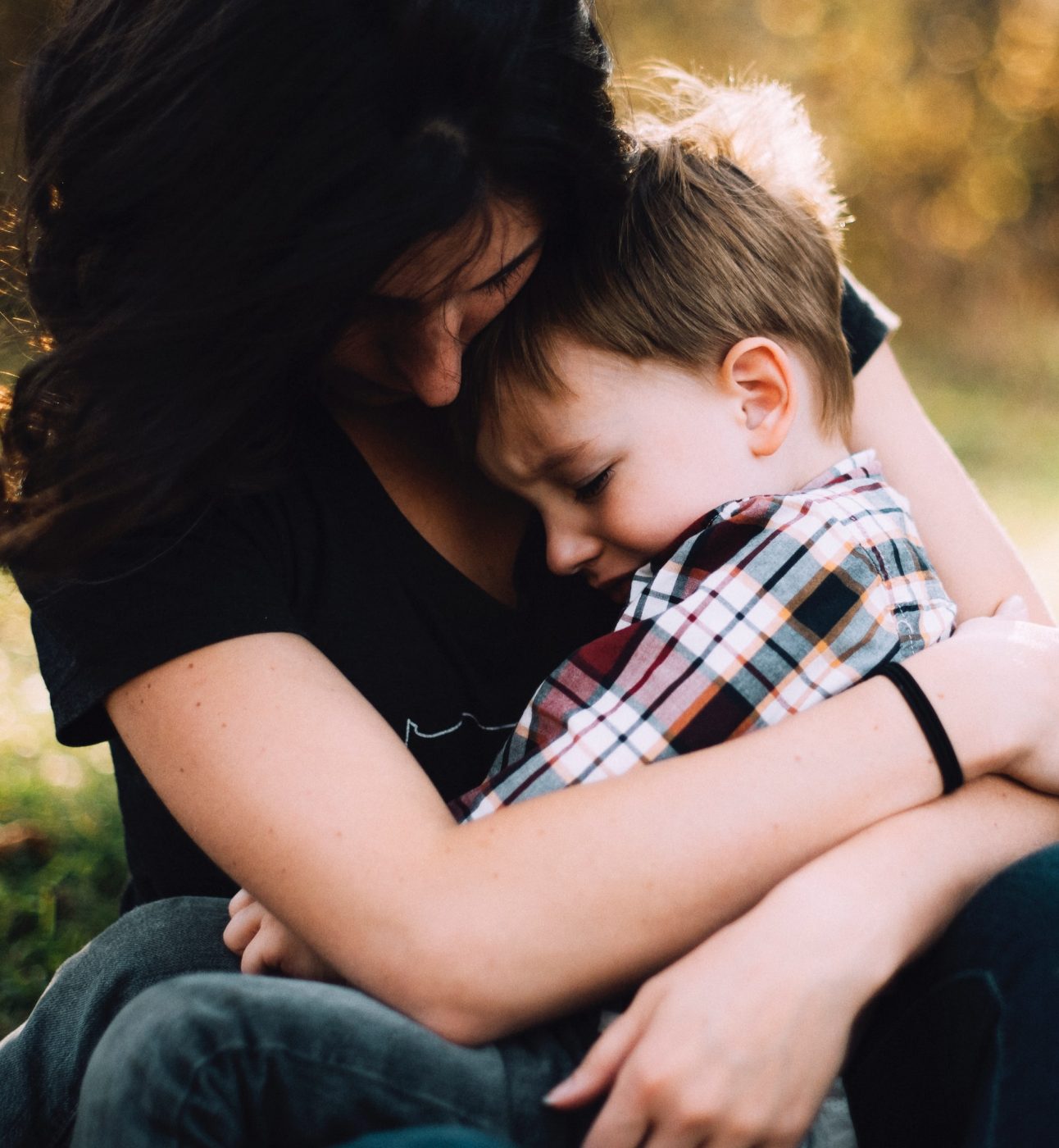
Benefits of social workers delivering domestic abuse programmes
Rachel Tossell, from North Devon Against Domestic Abuse (NDADA), writes about the mutual benefits of working alongside social workers in domestic abuse programmes with service users
I have worked at NDADA for 9 years and throughout those years I have developed relationships with many other professionals. I very rarely work in isolation and have found working in partnership with agencies to support our service users can be effective in building communication and trust between us all. I feel this not only encourages survivors of domestic abuse to seek support from a variety of services depending on their needs, but also allows workers to seek support from other agencies.
I have found there is strength to the different and diverse ways in which we all work, so long as there is shared vision and mutual respect. NDADA have set about finding ways to support our local agencies to understand the complexities of domestic abuse. We offer training and help them develop skills that they can use in their own work life, whilst being supported and building working relationships.
NDADA run three courses consistently, Pattern Changing is a 14-week programme for women, focusing on the woman herself and her power to change the course of her life. Grow Together is an 8-week course for the parents or carers of children who have lived with domestic violence and abuse within the family and Side by Side which is a parallel course for a mum and one of her children. The first two courses need two facilitators each and the last needs four. It has been such a support to us to have workers from other agencies on board as co-facilitators. We have worked alongside a family practitioner from the disability team, student social workers and family practitioners from the initial assessment team, and family workers from the children’s centre (who kindly provided a venue and a crèche!). We have welcomed a student social worker into refuge on a six-month placement (who has written a piece at the end). We also welcome school nurses, health visitors and educational psychologists to shadow us for a day, as well as supporting student police officers in their placements for a week.
We have found this to be so beneficial for all involved for the reasons above, but for so many more too. Having the privilege to sit alongside women and children on their journeys of self-awareness, healing and growth is not only an honour but an opportunity for us to learn, process and challenge our own thoughts and feelings so we can better understand and support them. It’s important we hear their voice without judgement or conflict, in some cases incorporating the whole family and listening to all their voices. From the service user’s perspective, working together and seeing social workers in a different role, can break down the stigma attached to the service and ‘humanise’ the workers.
The following has been written by a student social worker who has now completed her 6-month placement with North Devon Against Domestic Abuse Refuge.
I have completed my second year MA Social Work placement at the refuge. By doing this I have gained in-depth knowledge on Domestic Violence (DV) that I otherwise would not have had. At university our course is very general; we only had two lectures on DV, despite this being very likely to be present in many of the families we work with.
I am now able to recognise and better support service users because of the work that I have been involved in with NDADA. I understand the options that are available to survivors. Through working directly with children, I have seen how DV impacts them, even when parents believe that they did not know what was happening.
I feel that NDADA is very open to working in a multi-agency way and seeks to inform other professionals on what they can do to help. At times I have been shocked by the experiences of service users, however, in terms of my future practice, I have developed resilience and the ability to be open and honest about DV, where I would not have been before.
Visit our Spotlight page for more blogs, podcasts, guidance and survivor stories over the coming weeks.
About Rachel
Rachel Tossell became a Bereavement Counsellor 15 years ago, completing two Counselling Diplomas to work with adults as well as children and adolescents. She specialised in working with people bereaved by suicide, especially teenagers, and found domestic abuse to be an attributing factor in some cases.
Rachel has now been working for North Devon Against Domestic Abuse (NDADA) for 9 years and has completed her YPVA training, developing the work to include mums, after noticing it was more effective than working with the children in isolation. She developed Grow Together, a course for mums, and Side by Side, a course for mums and one of their children to do together. Both courses are now being run in the community.
You may be interested in


